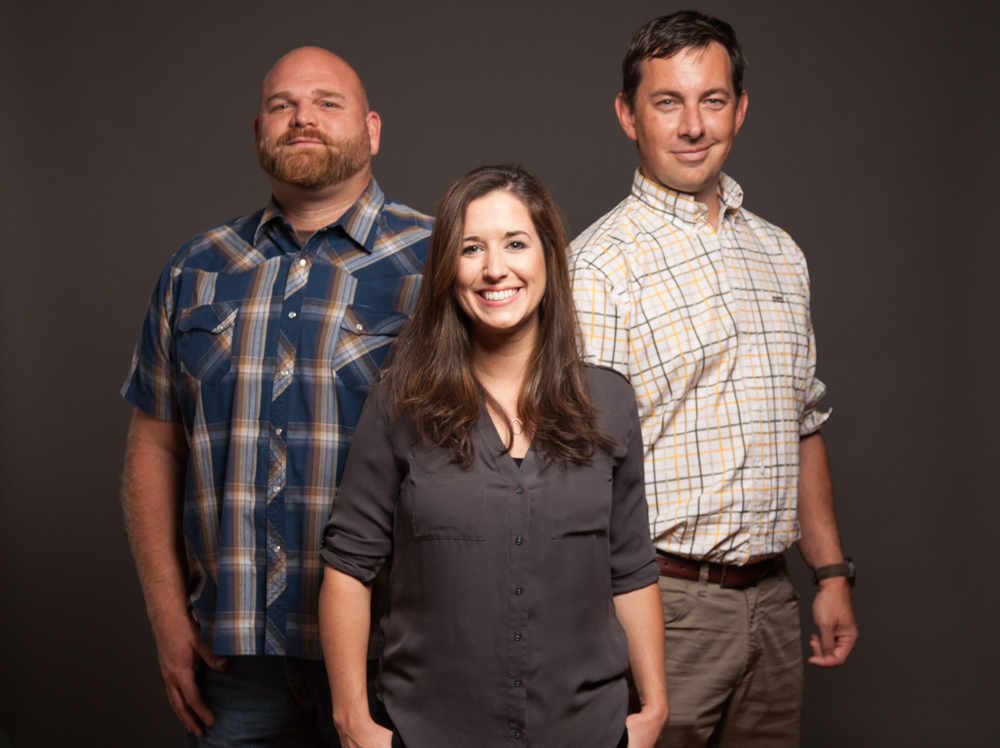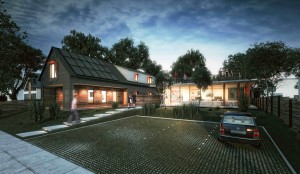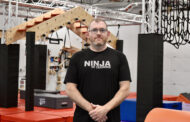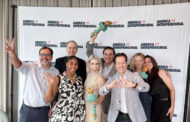Acre Designs, a net-zero, home-building startup that found its start in Kansas City, is now honing its model in arguably the world’s top business accelerator.
San Francisco-based Y Combinator in January welcomed Acre into its 2016 accelerator program. Y Combinator — an early investor in such companies as Airbnb, Dropbox, Reddit, Disqus and others — will inject $120,000 into Acre’s coffers while also offering it access to a mentor network with connections to prominent investors and Fortune 500 executives.
“It’s absolutely surreal,” Acre co-founder Jen Dickson said of being accepted into Y Combinator. “We’ve been scraping for traction for so long. We now have to recalibrate a new trajectory.”
Acre builds environmentally-conscious, net-zero homes with alternative materials and energy sources. The company’s solar-powered homes feature about 40 different types of sensors to gauge efficiency and use by occupants. Sensors track such information as temperature, humidity, lighting, occupancy and other metrics to offer Acre more insight to the design to improve the home’s function.
Acre’s 1,200 square-foot model starts at $400,000, while a similarly-sized, net-zero homes cost upwards of $600,000.
The company is led by three co-founders: Jen and Andrew Dickson and Don Newman. Boasting decades of design and architecture experience, the Acre team is now in San Francisco. Jen Dickson said that Acre will likely stick around in San Francisco after the accelerator concludes in March to open up the California market. California recently passed a mandate that requires all new homes built after 2020 to be net-zero, which she said affords the company a tremendous opportunity.
Currently, Dickson said that Acre is focused on sales of its homes and the company has set aggressive goals before Y Combinator’s demo day in late March.
“It’s been amazing,” Dickson said of the program thus far. “We’ve had access to top-level startup founders and advisors and we’ve had meetings with people who we would’ve never had the opportunity to talk with. I think a lot of partnerships will come out of this.”
“It’s just incredible the culture out here and being excited by what’s possible. It’s ingrained in their DNA. … They’re very open to possibilities of how things can change so that’s been really refreshing.” – Jen Dickson
Founded in 2005, Y Combinator’s more than 800 portfolio companies have raised more than $7 billion collectively and are valued at more than $65 billion at last count. The accelerator’s portfolio features six “unicorns” — a term referring to a company valued at more than $1 billion — including Airbnb ($25 billion), Dropbox ($10 billion), Stripe ($5 billion) and others.
Jen Dickson said that Y Combinator was particularly intrigued by Acre’s model because of its approach to solving an array of problems. The accelerator launched a new program this year, asking startups to solve specific problems, including energy, housing and underserved communities.
“Acre is unique because our product is essentially hardware but creates many untapped opportunities for software throughout the homes,” Dickson said.
In exchange for its $120,000 investment, Y Combinator will take 6 percent equity of Acre. It also will allow Acre to tap a network of mentors, Y Combinator alumni and more than 400 of the world’s top investors at the accelerator’s demo day. In addition to the benefits of mentors and funds, Y Combinator firms often see higher valuations by virtue of being part of its selective program, Dickson said.
Acre faced a number of challenges in Kansas City, including a tepid investor market, Dickson said. The lack of interest from prospective financial supporters was disheartening at times. But seeing some of the world’s top advisors and investors validate their bold idea has been re-invigorating, Dickson said.
“It sounds cliché, but our vision has truly been to change the world,” she said. “When a room full of seasoned, successful entrepreneurs say ‘yes, I see that potential, too’ it’s incredibly validating. You almost have to catch your breath and then start running, because we’re off to the races.”
Dickson added that she’s enjoyed the cultural shift that Silicon valley has offered Acre.
“It’s just incredible the culture out here and being excited by what’s possible,” she said. “It’s ingrained in their DNA. It’s not like there’s no resistance or pushback — they ask very valid questions and want to vet your idea. But they’re very open to possibilities of how things can change so that’s been really refreshing.”





































